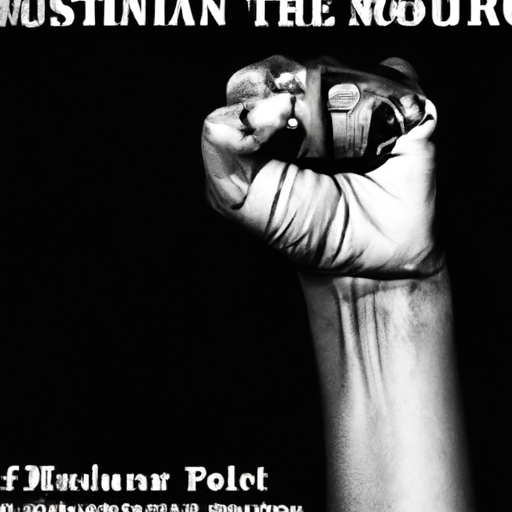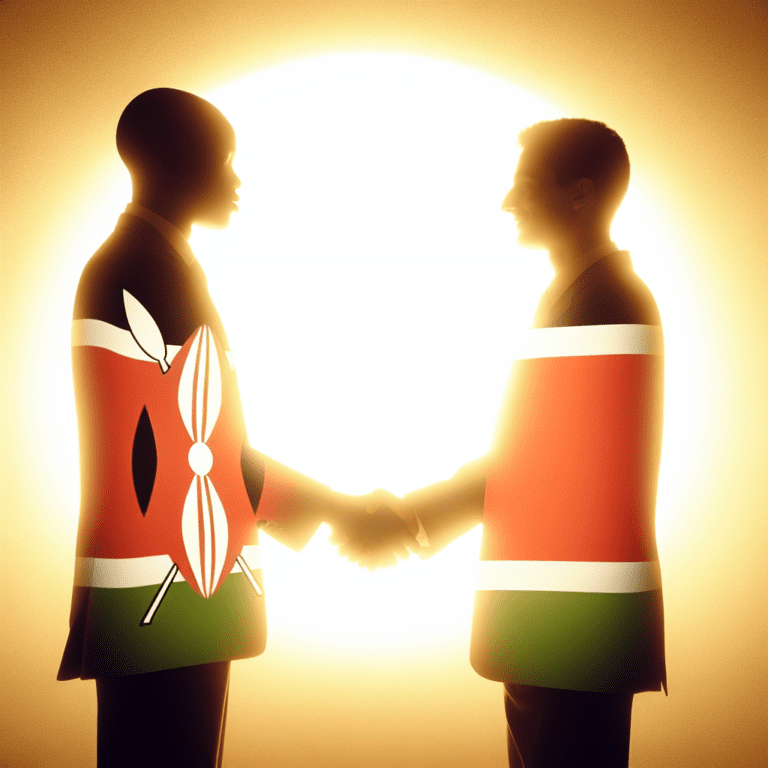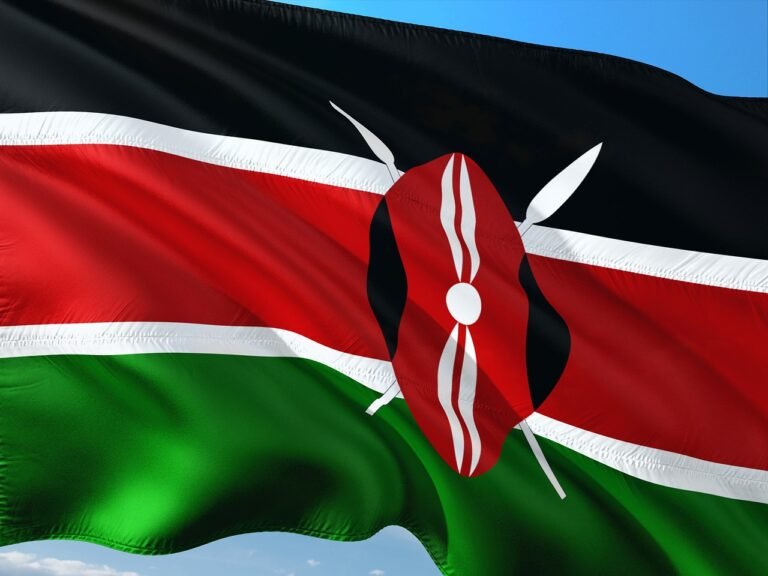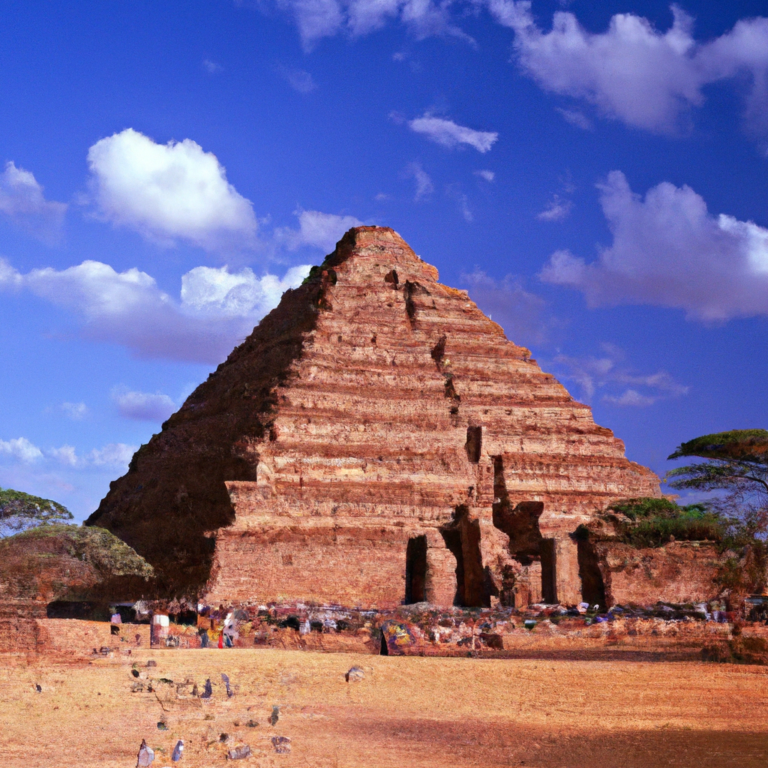What Were The Goals Of The Mau Mau Rebellion?
In this article, we will explore the goals of the Mau Mau Rebellion. This historic uprising in Kenya during the 1950s was a significant event that shaped the country’s future. By delving into the aims and objectives of the Mau Mau movement, we can gain a deeper understanding of their motivations and the impact they had on Kenya’s path to independence. Join us as we uncover the goals that propelled this rebellion and examine its lasting legacy.
Causes of the Mau Mau Rebellion
Colonial oppression and land alienation
The Mau Mau Rebellion, which took place in Kenya between 1952 and 1960, was largely fueled by the deep-seated grievances of the African population who had suffered under years of colonial oppression and land alienation. The indigenous Kenyans endured brutal treatment under British rule, with their lands being seized and allocated to European settlers, leading to dispossession and displacement. Africans were forced to work as low-wage laborers on their own ancestral lands, while the fertile areas were allocated to the settlers. This blatant injustice created a simmering resentment and laid the foundation for the Mau Mau Rebellion.
Political grievances and exclusion
Another significant cause of the Mau Mau Rebellion was the political grievances and exclusion faced by the indigenous African population. Under British colonial rule, Africans were systematically marginalized and denied any meaningful political representation. Colonial policies ensured that the Africans had limited access to formal education, thus preventing their advancement in political roles. They were excluded from decision-making processes and had little or no influence on policies that affected their lives and the future of their country. The frustration arising from this political exclusion and powerlessness fueled the desire for change and played a pivotal role in igniting the Mau Mau Rebellion.
Strategies of the Mau Mau Rebellion
Armed resistance
The Mau Mau Rebellion was marked by its strategies of armed resistance against the British colonial authorities. The rebels, known as the Mau Mau fighters, engaged in guerrilla warfare and carried out attacks on both settler farms and British administration installations. They utilized hit-and-run tactics, ambushes, and surprise attacks to destabilize and demoralize the enemy. The guerilla warfare tactics employed by the Mau Mau fighters not only made it difficult for the British to control the rebellion but also attracted widespread attention and support from Africans who shared their grievances.
Oathing and initiation rituals
Oathing and initiation rituals played a significant role in the Mau Mau Rebellion. The movement emphasized the importance of unity and commitment to the cause through these rituals. Mau Mau fighters took oaths, swearing loyalty to the rebellion and pledging to fight against colonial oppression. These oaths were considered sacred, and breaking them was believed to bring severe consequences. The initiation rituals served not only as a means of strengthening the bond among the rebels but also as a psychological tool, instilling a sense of purpose, determination, and bravery in the Mau Mau fighters.
Objectives of the Mau Mau Rebellion
Independence from British colonial rule
One of the primary objectives of the Mau Mau Rebellion was to secure independence from British colonial rule. The uprising aimed to shake off the oppressors and demand self-governance for the Kenyan people. The Mau Mau fighters believed that by challenging the British authority and demonstrating their capability to resist, they could pave the way for a sovereign Kenya, free from external control. The battle for independence became a rallying cry for the rebels and gave them a sense of purpose and hope for a better future.
Land and economic reforms
Land and economic reforms were also key objectives of the Mau Mau Rebellion. The Africans sought the restoration of their ancestral lands and the end of the discriminatory land allocation policies. They aimed to reclaim what had been taken from them and ensure fair distribution of land and resources. The Mau Mau fighters envisioned a society where economic opportunities were equally accessible to all, irrespective of race or ethnicity. This demand for land and economic reforms showcased the aspirations of the African population for a more just and equitable society.
Political inclusion and representation
The Mau Mau Rebellion also sought to address the political exclusion faced by the indigenous African population. The rebels fought for the inclusion and representation of Africans in the political decision-making processes of the country. They aimed to dismantle the discriminatory structures that upheld colonial dominance and advocated for equal rights and opportunities for all Kenyans. The rebellion aimed to create a political landscape where Africans could actively participate, influence policies, and shape the future of their nation.
Impact of the Mau Mau Rebellion
End of white settler dominance
One of the major impacts of the Mau Mau Rebellion was the end of white settler dominance in Kenya. The rebellion challenged the British colonial authorities and weakened the grip of the European settlers who had occupied the most fertile lands for generations. The uprising brought attention to the injustices perpetrated by the settlers and their exploitative practices. As a result, the rebellion played a crucial role in dismantling the entrenched power dynamics and paved the way for Africans to regain control over their lands and their destiny.
Changes in colonial policies
Another significant impact of the Mau Mau Rebellion was the implementation of changes in colonial policies. The British colonial authorities were forced to reassess their approach and make concessions in response to the mounting pressure and resistance from the rebels. The rebellion brought the atrocities committed by the colonial administration to the forefront, leading to international scrutiny and diplomatic pressure. The British government eventually realized the need to address the grievances of the African population and initiated reforms that granted increased political representation and improved working conditions for the Africans.
Formation of an independent Kenya
Perhaps the most profound impact of the Mau Mau Rebellion was the eventual formation of an independent Kenya. The rebellion served as a catalyst for the wider anti-colonial movement in the country and inspired a sense of national identity and unity among Africans. The demands and sacrifices made by the Mau Mau fighters resonated with the population and solidified their determination to break free from colonial rule. The rebellion paved the way for negotiations and discussions between the British colonial authorities and African leadership, ultimately resulting in the independence of Kenya on December 12, 1963.
In conclusion, the Mau Mau Rebellion was driven by a complex set of causes, strategies, and objectives. The deep-rooted grievances stemming from colonial oppression, land alienation, and political exclusion fueled the rebellion. Through armed resistance and the utilization of oathing and initiation rituals, the Mau Mau fighters sought to achieve independence from British colonial rule, secure land and economic reforms, and promote political inclusion and representation for the African population. The rebellion had a lasting impact, leading to the end of white settler dominance, changes in colonial policies, and the formation of an independent Kenya.







